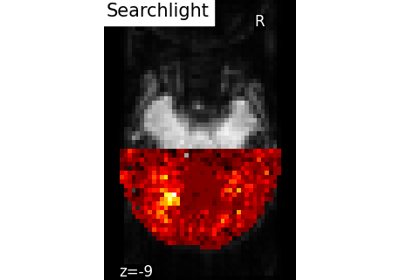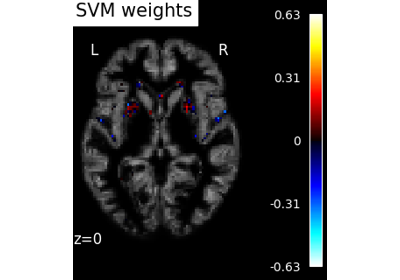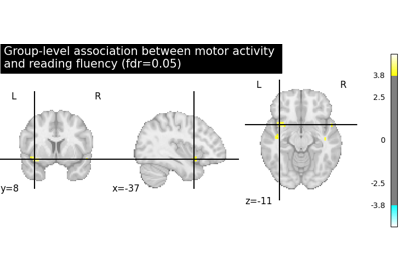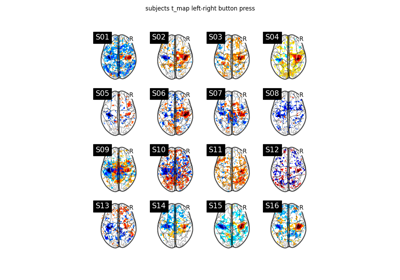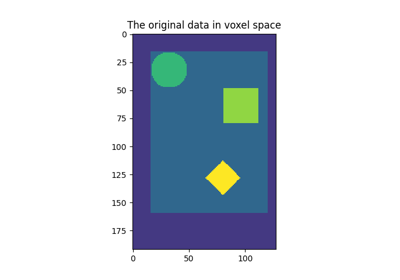Note
This page is a reference documentation. It only explains the function signature, and not how to use it. Please refer to the user guide for the big picture.
nilearn.image.get_data¶
- nilearn.image.get_data(img)[source]¶
Get the image data as a
numpy.ndarray.- Parameters:
- imgNiimg-like object or iterable of Niimg-like objects
- Returns:
numpy.ndarray3D or 4D numpy array depending on the shape of img. This function preserves the type of the image data. If img is an in-memory Nifti image it returns the image data array itself – not a copy.
Examples using nilearn.image.get_data¶
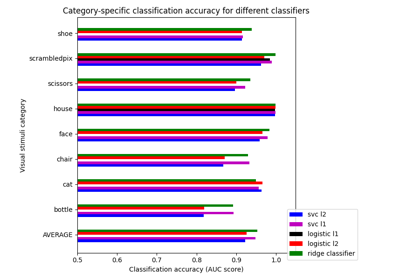
Different classifiers in decoding the Haxby dataset
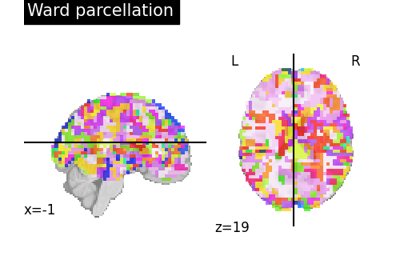
Clustering methods to learn a brain parcellation from fMRI
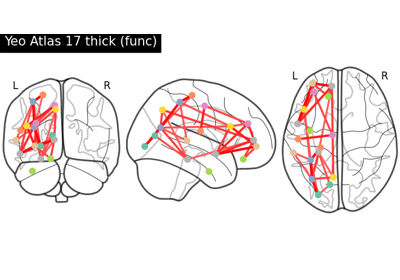
Comparing connectomes on different reference atlases
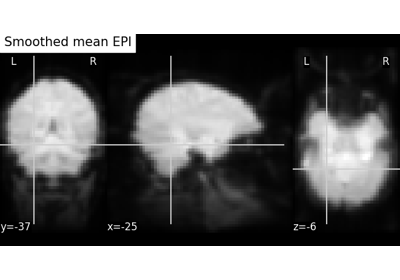
Computing a Region of Interest (ROI) mask manually
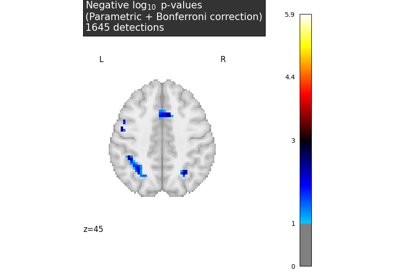
Massively univariate analysis of a calculation task from the Localizer dataset
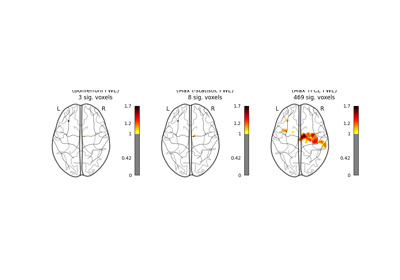
Massively univariate analysis of a motor task from the Localizer dataset
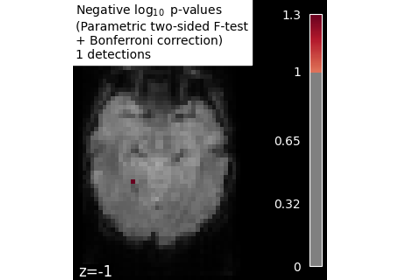
Massively univariate analysis of face vs house recognition
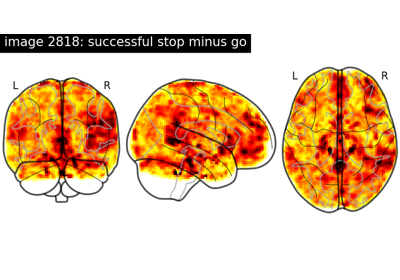
NeuroVault meta-analysis of stop-go paradigm studies
